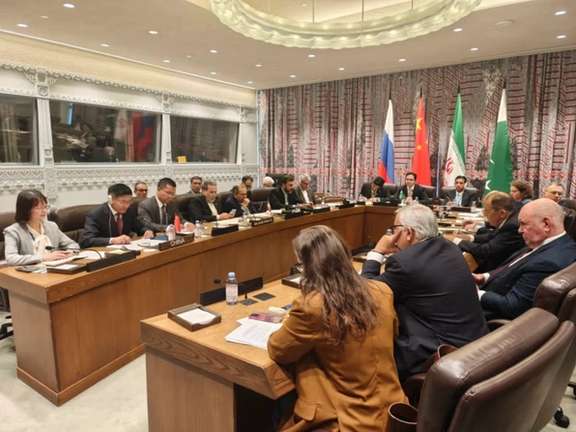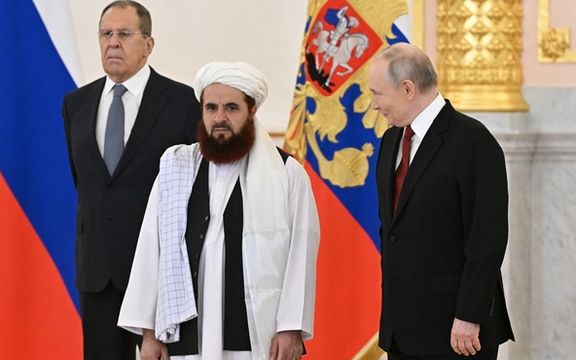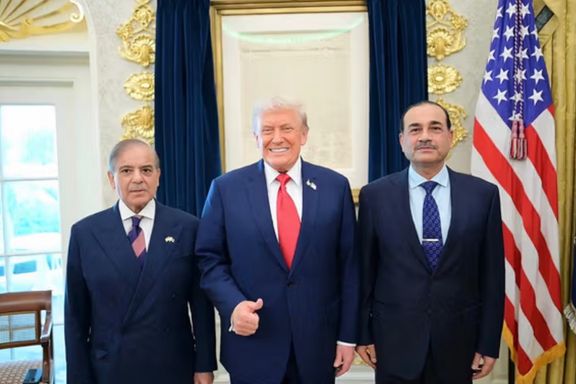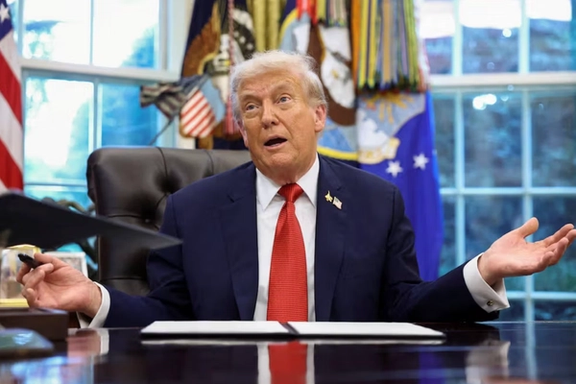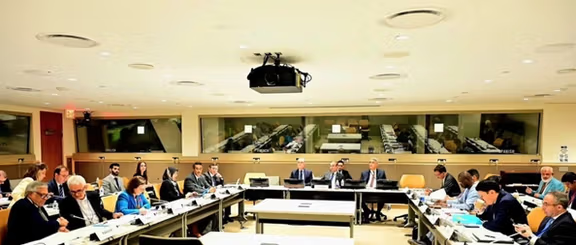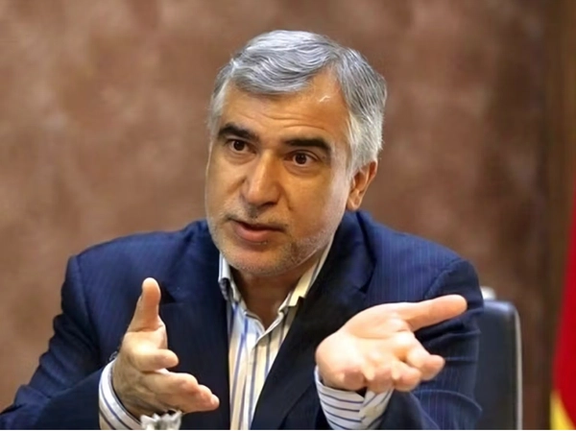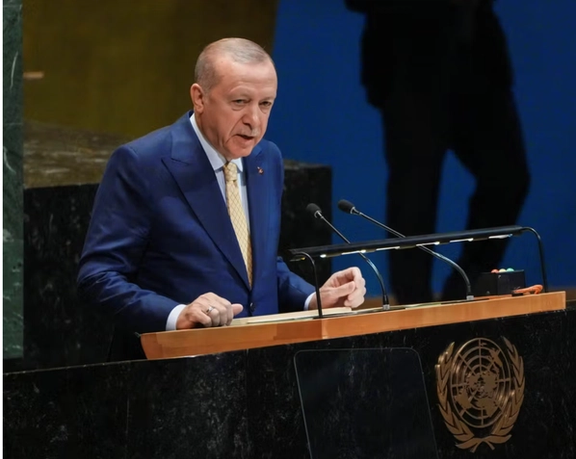They warned thatsuch moves would threaten regional peace and stability.
Meeting on the sidelines of the UN General Assembly, the ministers said NATO must accept responsibility for Afghanistan’s current crisis and underscored the need to respect the country’s sovereignty, territorial integrity and independence.
In a joint statement, they rejected redeployment of foreign military bases inside or around Afghanistan and called instead for strengthening regional frameworks such as the Moscow Format, quadrilateral talks and the Shanghai Cooperation Organisation to help address Afghanistan’s political impasse.
Russian Foreign Minister Sergey Lavrov, Iranian Foreign Minister Abbas Araghchi, Pakistani Foreign Minister Muhammad Ishaq Dar and China’s special envoy for Afghanistan, Yue Xiaoyong, attended the meeting.
The four countries urged lifting unilateral sanctions on the Taliban, releasing Afghanistan’s frozen assets and removing travel bans on Taliban officials.
The meeting came days after US President Donald Trump said Washington was seeking to regain access to the Bagram air base and warned of consequences if the Taliban refused. The Taliban rejected the remarks and reiterated calls for diplomatic dialogue with the US.
Concerns Over Militants and Narcotics
The ministers expressed alarm over the presence of groups including al-Qaida, Islamic State Khorasan (IS-K), Tehreek-e-Taliban Pakistan (TTP), the East Turkestan Islamic Movement (ETIM), Baloch separatists and Jaish al-Adl. They urged the Taliban to act decisively and without discrimination to prevent Afghan soil being used against its neighbours, and to block militant recruitment, financing and access to weapons.
They also highlighted rising production of synthetic drugs such as methamphetamines and called for stronger regional cooperation against narcotics trafficking.
Call for Inclusive Governance
The four countries reiterated demands for an inclusive political system in Afghanistan that reflects the aspirations of all segments of society.
They said ensuring women’s and girls’ access to education, employment, public participation, justice, essential services and freedom of movement would be critical to building long-term peace, stability and prosperity in Afghanistan.
